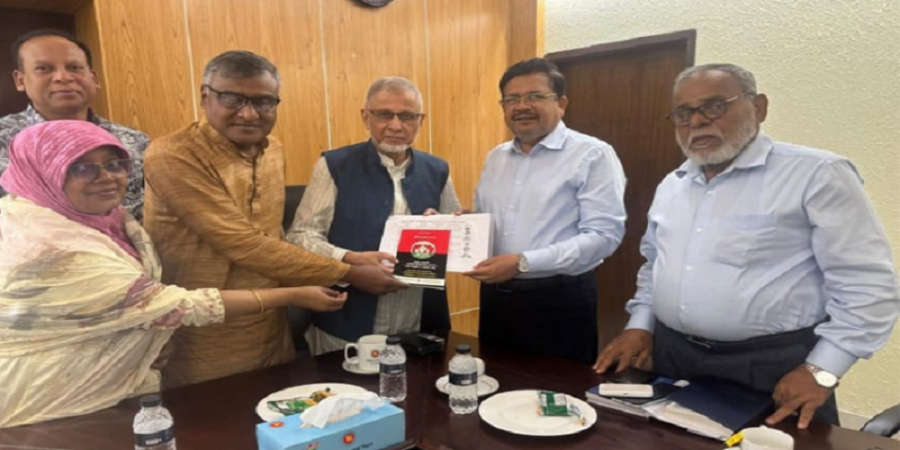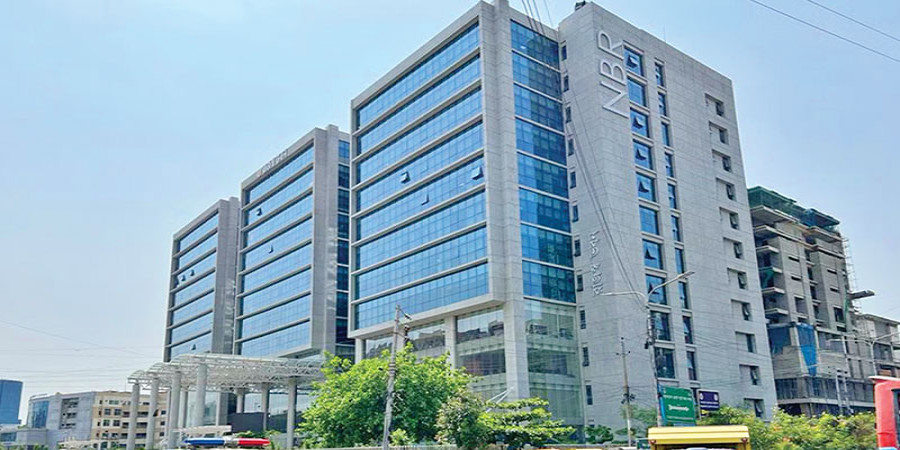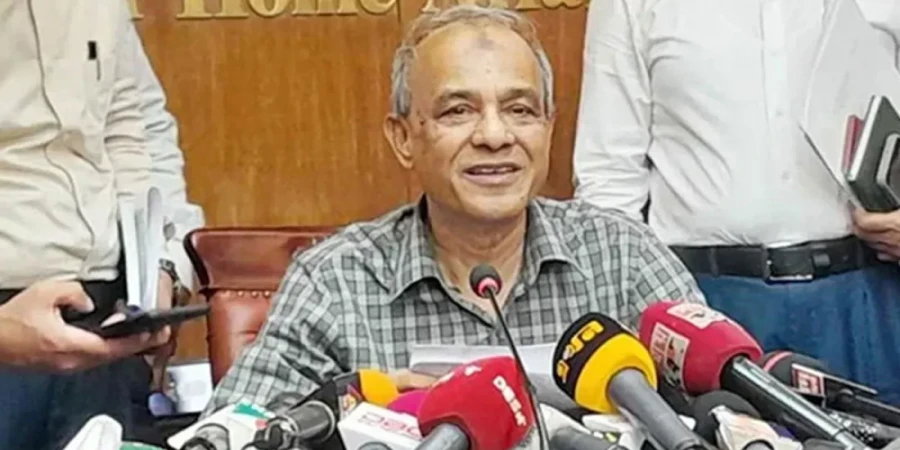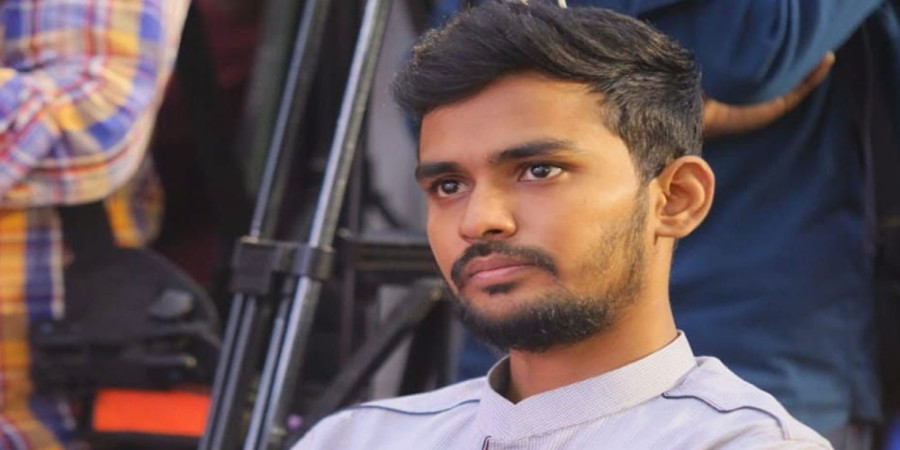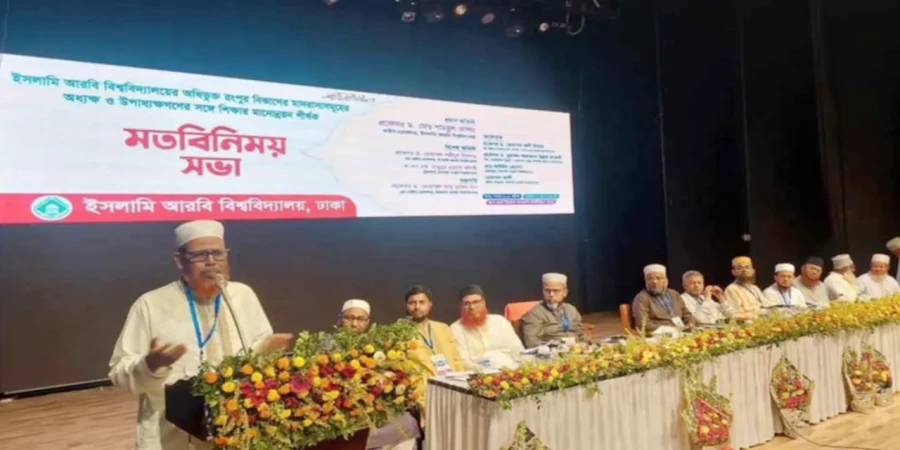
ছবি: Photo: Collected
Professor Dr. Md. Shamsul Alam, Vice-Chancellor of the Islamic Arabic University, has stated that Islamic education is indispensable for establishing a morally upright and equitable society. Speaking at a dialogue on education quality enhancement with principals and vice-principals of affiliated madrasas under the Rangpur division, he highlighted the university’s commitment to developing a value-based society through a skilled and timely workforce. The event was held on Sunday, May 11, at the Rangpur District Shilpakala Academy.
In his address, Dr. Alam emphasized that madrasa education plays a vital role in shaping a society that upholds both religious and contemporary knowledge. He noted that modern madrasa curricula incorporate both modern and religious studies, equipping students with a holistic education necessary for social development.
The meeting was chaired by Pro-Vice Chancellor Professor Dr. Mohammad Abu Zafar Khan and attended by senior university officials, including Pro-Vice Chancellor Professor Dr. Mohammad Shahidul Islam and Treasurer A.S.M. Mamunur Rahman Khalili. Professor Dr. Mohammad Oli Ullah, Dean of the Kamil (Postgraduate) Education, Training and Research Center, and Professor Dr. Muhammad Shazaat Ullah Faruqi, Dean of the Curriculum Development and Evaluation Center, also spoke on the occasion, alongside Registrar Md. Ayub Hossain and Controller of Examinations Mohammad Ali.
In his speech, the Vice-Chancellor said that religious education plays an unparalleled role in eliminating corruption from society. He called for the formation of competent citizens from madrasa backgrounds who can contribute to building a healthy, fair, and corruption-free nation. To achieve this, the university is working to modernize and standardize its curriculum and is expanding opportunities for advanced research.
He further added that the institution aims to produce qualified Islamic scholars and professionals from madrasas who can effectively participate in national development and ethical governance.
During the session, several madrasa principals and vice-principals shared their concerns, pointing out that insufficient government allocations were hindering the development of madrasas. They urged an increase in funding to improve the quality of education. They also expressed concern over the discrimination madrasa students faced during the previous government’s tenure in terms of employment and access to state roles. They demanded equal opportunity based on merit and called for measures to keep madrasa management bodies free from political influence. Additionally, they stressed the need for teacher training to ensure better education delivery.
Professor Dr. Mohammad Shahidul Islam, the Pro-Vice Chancellor, reiterated that madrasa education plays a central role in forming a just and inclusive nation. He remarked that madrasa education upholds both worldly and spiritual teachings, giving it a balanced perspective. He appealed to the government to consider establishing a unified education system based on Islamic education as its foundation.
Chairing the event, Professor Dr. Mohammad Abu Zafar Khan emphasized the importance of integrating modern and relevant education into madrasas to prepare students for national responsibilities. He announced plans to provide further training and higher education opportunities for both students and teachers as part of the university’s roadmap.
The meeting was attended by principals and vice-principals from 178 madrasas across the Rangpur division, all of whom expressed a shared commitment to enhancing the quality and relevance of Islamic education in the country.
repoter



